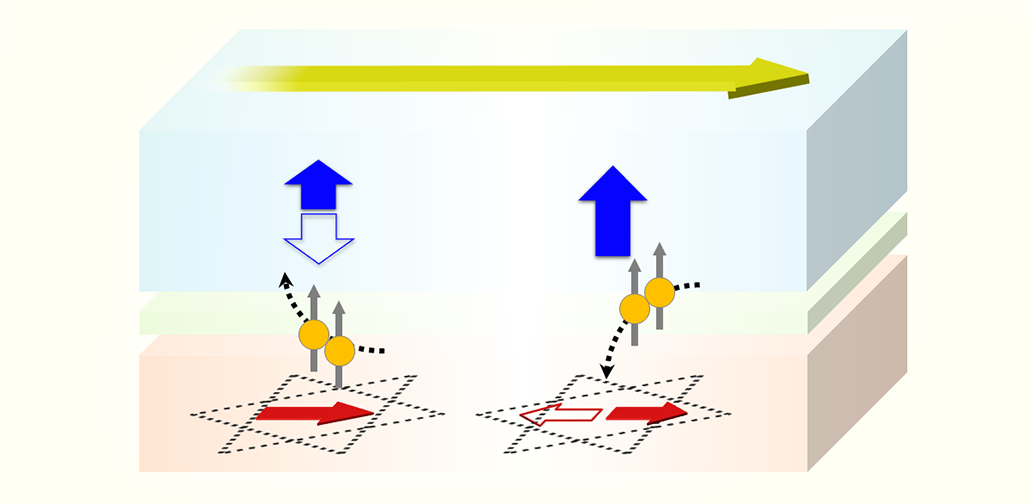The South Australian Skills Commission this week formally declared the Bachelor of Software Engineering (Honours) to be a trade under the South Australian Skills Act 2008 – the final step in the process of approving new apprenticeships.
The State Government has committed $450,000 over three years to support the establishment of the software engineering degree apprenticeship, with the program to be delivered via a partnership between the University of South Australia, the defence industry and peak national employer group, Australian Industry (Ai) Group.
The design of the apprenticeship was undertaken by UniSA and Ai Group, and supported by BAE Systems, Lockheed Martin Australia Pty Ltd, DXC Technology, ASC Pty Ltd (WA division), and the Defence Teaming Centre.
The degree apprenticeship will support new entrants in the growing defence sector, ahead of the construction of nuclear-powered AUKUS submarines.
It is the first time in Australia that apprentices who successfully complete their studies will receive a degree qualification as part of an apprenticeship.
The Premier Peter Malinauskas first flagged the degree apprenticeships for the defence industry during his visit to the United Kingdom earlier this year.
In the UK, degree apprenticeships are delivered with success with a very high graduate retention and completion.
The first intake of up to 30 apprentices will occur next year.
They will be paid to attend work and study at university and, critically, be provided with on-job training by qualified and skilled supervisors in work relevant to the Bachelor of Software Engineering (Honours).
Those who successfully complete the five-year apprenticeship will receive their degree and a trade certificate.
The Software Engineer apprenticeship will support not just the upcoming AUKUS project and the wider South Australian defence sector, but other high-tech industries including advanced manufacturing.
It is expected that this initiative will enable the degree apprenticeship model to be developed further in South Australia and applied to other industries, where on-the job learning while studying at university could fast track the development of work ready university graduates. This could include disciplines such as electrical and mechanical engineering.
As put by Peter Malinauskas
While visiting the United Kingdom earlier this year, I had the opportunity to see degree apprenticeships in action at BAE Systems’ Barrow-in-Furness submarine shipyard.
This is an amazing opportunity for young people to undertake a high quality university education, while getting paid to work, and learn on the job, at a major defence employer.
To deliver the massive undertaking of building both naval ships and nuclear-powered submarine, we must grow and diversify our workforce.
The UK experience shows this pathway does just that, attracting more women, as well as candidates who may not have considered a traditional degree.
As put by Susan Close
South Australians who elect to take this path, will not only find themselves supported through a combination of university and workplace learning over the duration of the degree, but earning while they learn.
At the end of that apprenticeship process the highly skilled, technical nature of their work will be recognised through the receipt of a degree, ensuring global recognition of their learning.
As put by Blair Boyer
South Australia is currently the only jurisdiction that can formally recognise a higher education pathway as an apprenticeship in Australia.
Our state is leading the way in ensuring we are working in innovative ways to fulfil our skills workforce is prepared for the huge projects ahead for South Australia.
Degree apprenticeships are a way people can both earn and learn, receiving higher
education qualifications, while gaining experience in the workplace and I am pleased we have moved quickly on this – the first in the country – to ensure we are delivering the skills capabilities we need to.
As put by SA Skills Commissioner Cameron Baker
After careful consideration of the application submitted by industry partners, the South Australian Skills Commission has approved this new trade pathway.
This will afford apprentices and employers the protections under the South Australian Skills Act 2008 and the training contract itself and allow industry to develop individuals’ skills to help increase their future workforce.
As put by University of South Australia Provost & Chief Academic Officer Professor Joanne Cys
UniSA welcomes this innovative software engineering pathway. To be delivered in collaboration with industry, the new software engineering degree apprenticeship will embed students in the workplace from day one, ensuring a real-world experience throughout their learning journey.
This program presents an exciting opportunity for UniSA and our partners to develop the next generation of engineers in this highly sought-after discipline.
As put by BAE Systems Australia Chief People Officer, Angela Wiggins
Engineering is core business for BAE Systems Australia and in skills shortage across Australia. This degree apprenticeship program builds on 10 years of knowledge gained through BAE Systems’ experience in the UK.
BAE Systems is a jobs and high-tech skills engine for Australia. Our national workforce of 5,800 is growing and we are working closely with the University of South Australia and our other education partners on innovative approaches to meet our skills needs.
These are the skills that Australian industry needs today and in the future and will underpin the nation’s prosperity.
As put by Ai Group Executive Director Megan Lilly
Degree apprenticeships are a timely and important innovation to help develop the skills that are vital to our economy.
A degree apprenticeship blends to best of theoretical and applied learning in the context of work. Students/apprentices gain real time contemporary skills and earn while they learn. This model is a win, win for students, employers and innovative universities.
Ai Group congratulates the South Australian government for supporting this important initiative and we look forward to further collaboration to expand this model.








